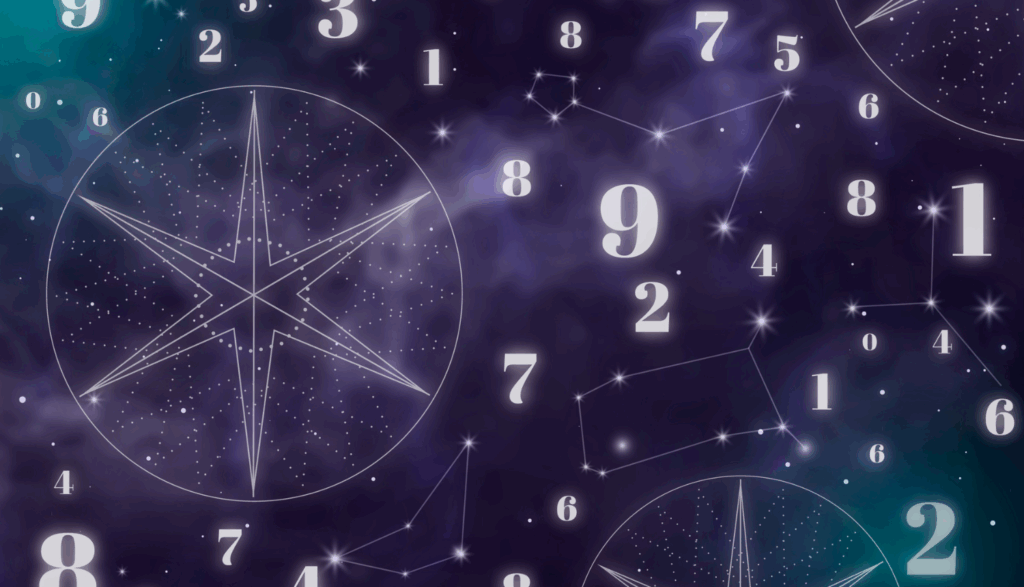Numbers have long held a profound symbolic significance across cultures, serving as a bridge between abstract concepts and human understanding. Both Eastern and Western philosophical traditions have explored the language of numbers, attributing to them deep metaphysical, spiritual, and cosmological meanings.
In Western philosophy, numbers are often tied to the foundations of reality and knowledge. Ancient Greek thinkers like Pythagoras saw numbers as the ultimate principles underlying the cosmos, believing that “all is number.” For Pythagoreans, numbers represented harmony, order, and the structure of existence itself. Plato further developed this idea, linking numbers to ideal forms—perfect, eternal realities that transcend the material world. Numbers here symbolize rationality and the pursuit of truth.
Conversely, Eastern philosophy—especially in traditions such as Taoism, Buddhism, and Hinduism—views numbers symbolically as expressions of cosmic balance and spiritual principles. For example, the number five in Taoism reflects the five elements (wood, fire, earth, metal, water) essential to understanding natural cycles. In Buddhism, the number four represents the Four Noble Truths, a core teaching about suffering and liberation. Hindu philosophy often associates numbers like three and seven with divine principles and cosmic rhythms, linking numeric symbolism with meditation and spiritual growth.

While Western thought tends to emphasize numbers as abstract, universal constants, Eastern traditions often integrate them with natural phenomena, ritual, and inner experience. Yet, both converge in seeing numbers not merely as quantitative tools but as a symbolic language conveying deeper truths about existence, harmony, and the human connection to the universe.
In sum, the symbolic language of numbers reveals a shared human impulse to decode reality through patterns—whether through rational forms or spiritual insights—uniting East and West in a timeless philosophical dialogue.
Related: Manifest Love and Relationships: Numerology as Your Spiritual Guide





















